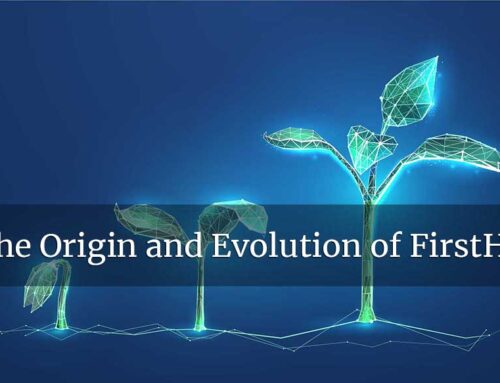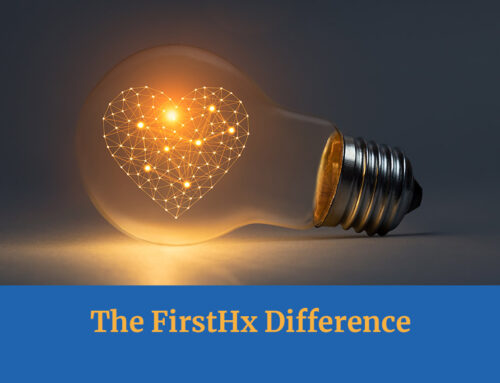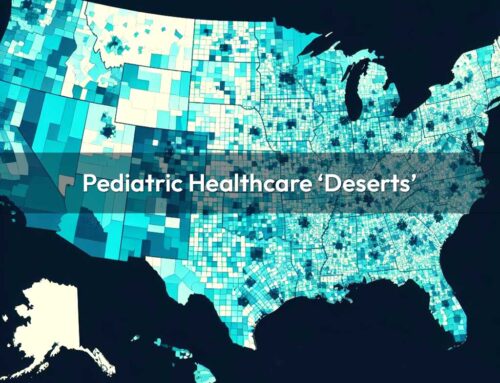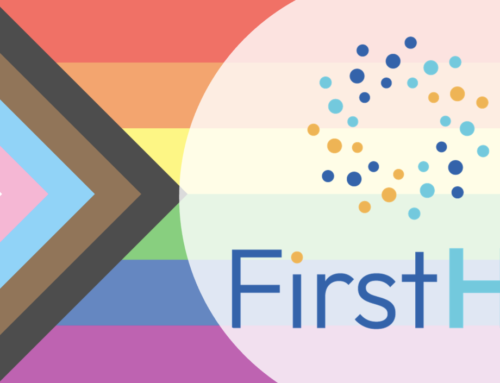The Importance of Giving a Voice to the Patient in the Medical Interview
The Importance of Giving a Voice to the Patient in the Medical Interview

In an era where medical practice has increasingly become intertwined with technology, one thing remains unchanged: the importance of listening to the patient’s story. Too often, clinical encounters are constrained by time, leaving patients feeling rushed, misunderstood, or unheard. Bridging this gap between clinical efficiency and patient-centered care requires innovative solutions that allow patients to communicate their stories in a way that respects their time and voices. One such tool that I have seen make a significant impact in my practice is FirstHx, a pre-engagement software designed to let patients share their narratives before they even step foot in the clinic.
The Patient-Centric Approach: A Case Study
Recently, I had a new patient, Sarah (name changed for confidentiality), who exemplified the value of giving patients the power to share their medical history on their own terms. Sarah had a complex medical history marked by chronic health conditions, multiple surgeries, and a spectrum of symptoms that had made her past medical visits overwhelming. During her first engagement with my clinic, Sarah utilized the FirstHx pre-engagement tool. This software allowed her to record her intricate medical history, all in her own words through the adaptive questions asked in the FirstHx solution, which simulates the encounter a patient will have with their physician when taking a history.
The outcome was transformative. When Sarah came in for her first appointment, she was met with an understanding that felt deeply personal. The conversation shifted from gathering fragmented pieces of information to discussing the insights she had already shared. This allowed me to engage more effectively, focusing on clarifying her story and discussing a personalized approach to her treatment. For Sarah, being able to articulate her story ahead of time reduced the stress of remembering critical details during the appointment and gave her a sense of control over her healthcare journey.
Why Patient Voice Matters
Patient-centered care is not just an ideal—it is an imperative. When patients are given the chance to narrate their stories on their terms, it fosters trust, improves satisfaction, and can even enhance clinical outcomes. Here’s why giving a voice to the patient in medical interviews is essential:
- Empowerment and Ownership
Empowering patients by giving them a voice in their healthcare journey promotes ownership and engagement. When patients are active participants, they feel more in control and invested in their treatment plans. Sarah’s experience with FirstHx exemplifies this empowerment. She was able to tell her story in a way that reflected her lived experience, which reinforced her confidence in seeking care and trusting the medical process.
- Improved Communication
Effective communication is the cornerstone of a successful patient-provider relationship. Allowing patients to articulate their thoughts, feelings, and history in their own words reduces misunderstandings and improves diagnostic accuracy. When patients come prepared, clinicians can approach consultations with a clear understanding of the patient’s background, leading to more meaningful discussions.
- Increased Efficiency
Healthcare providers often face time constraints that can make comprehensive patient interviews difficult. By using pre-engagement tools like FirstHx, much of the data-gathering phase can be completed before the actual appointment, allowing for more focused interactions. This streamlined process helps clinicians allocate time to interpreting information, discussing treatment options, and building rapport, rather than piecing together a fragmented history under time pressure.
The Role of Health Equity and Education
A key component of giving patients a voice is acknowledging and addressing health equity. Not all patients have the same access to education, healthcare literacy, or even the technology that can facilitate these advancements. Therefore, it is essential to integrate these tools with an understanding of diverse needs and backgrounds to ensure inclusivity.
The story of Sarah also highlights the importance of health education. When patients are invited to contribute to their care narrative, they not only feel heard but also learn more about their conditions and the significance of comprehensive reporting. This awareness helps bridge the gap between patients and providers, making care more collaborative.
Respecting Patients’ Time and Comfort
One of the most compelling aspects of using pre-engagement tools is the respect it demonstrates for patients’ time. Life is busy, and medical appointments can often feel like an intrusion into an already packed schedule. Allowing patients to complete detailed histories at their convenience alleviates the pressure of recalling complex medical information under duress.
In Sarah’s case, she expressed great satisfaction at being able to complete her medical history in the comfort of her own home. This flexibility led to a more relaxed and informative appointment where she felt genuinely seen and heard. Such patient satisfaction is invaluable and represents a fundamental shift in how we can deliver care that respects the individual beyond their clinical symptoms.
Conclusion
The integration of technology in patient care should always serve a higher purpose: to enhance the human experience of healthcare. Giving patients a voice through tools like FirstHx is a powerful way to foster a more inclusive, patient-centric approach to medical practice. It not only improves clinical outcomes and patient satisfaction but also underscores the commitment to health equity and patient education. As clinicians, we must continually evolve our practices to ensure that every patient feels empowered, understood, and respected in their healthcare journey.
Join Newsletter
Stay connected to receive regular updates and valuable insights into our work!







